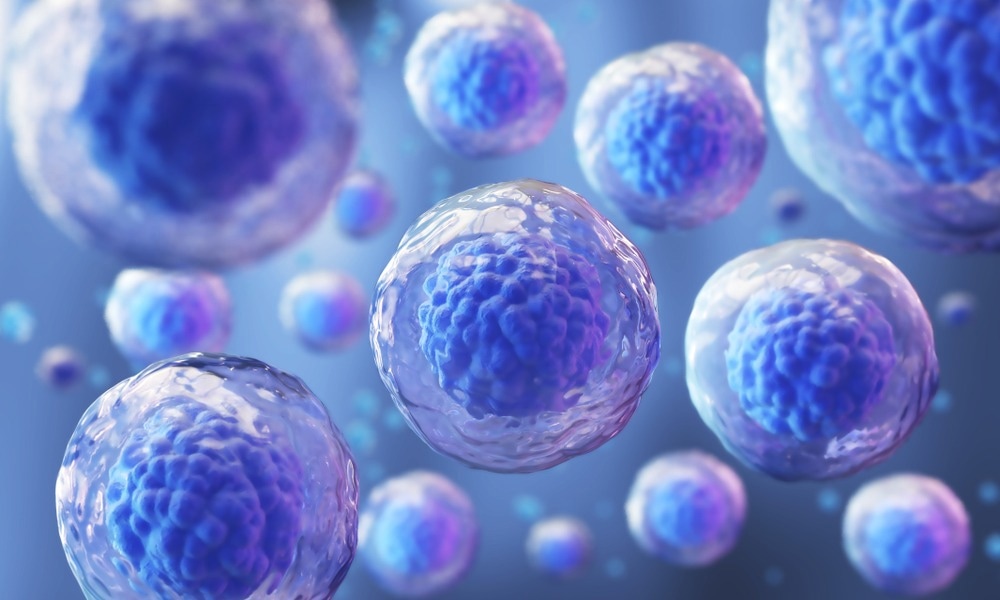A new white paper from Wyatt Technology explores real-time multi-angle light scattering (RT-MALS) as a process analytical technology for monitoring and controlling nanomedicines and biopharmaceuticals production processes. Additionally, it discusses the implementation of light-scattering-based on-line and in-line PAT.

Image Credit: ShutterStock/Anusorn Nakdee
For over three decades, Wyatt’s analytical instrumentation has played a key role in the development of biotherapeutics and nanomedicines. The company’s products are based on dynamic light scattering (DLS) and multi-angle static light scattering (MALS).
While DLS and MALS are already important for both product development and process development via off-line detectors, they lack the ability to provide instantaneous feedback to process developers and manufacturing engineers. Wyatt's ultraDAWN MALS detector provides real-time capabilities for process monitoring: it quantifies product attributes such as molar mass, nanoparticle size and nanoparticle concentration up to 5 times per second. Implementation in-line or on-line with downstream processes generates a major productivity boost, since the data can be used immediately to control or tweak a process.
Click here to read the full article
About Wyatt Technology
 With a long history of excellence in scientific instrumentation, Wyatt Technology is the recognized leader in innovative light scattering instruments, accessories and software for determining the properties of macromolecules and nanoparticles in solution. Wyatt's cutting-edge solutions determine the size, physical titer, payload and zeta potential of nanoparticles, as well as the molar mass, size, conformation, conjugation and interactions of macromolecules. With a staff composed of 25% Ph.D. scientists and many more dedicated and experienced support personnel, Wyatt's aim is to delight its customer with the best products, training, customer support and service available in the industry.
With a long history of excellence in scientific instrumentation, Wyatt Technology is the recognized leader in innovative light scattering instruments, accessories and software for determining the properties of macromolecules and nanoparticles in solution. Wyatt's cutting-edge solutions determine the size, physical titer, payload and zeta potential of nanoparticles, as well as the molar mass, size, conformation, conjugation and interactions of macromolecules. With a staff composed of 25% Ph.D. scientists and many more dedicated and experienced support personnel, Wyatt's aim is to delight its customer with the best products, training, customer support and service available in the industry.
Sponsored Content Policy: News-Medical.net publishes articles and related content that may be derived from sources where we have existing commercial relationships, provided such content adds value to the core editorial ethos of News-Medical.Net which is to educate and inform site visitors interested in medical research, science, medical devices and treatments.